There are many ways to try to understand people. One approach is to focus on the extent to which a person takes responsibility for shaping their future life.
Imagine you are interviewing a person for a role in your team. It can be useful to remember that: ‘Attitude plus ability equals achievement.’ Bearing this in mind, ask yourself:
On a scale 0-10, to what extent does the person take responsibility?
You are looking for somebody who scores at least 8+/10. Why? Taking responsibility is a key competence in life.
Everybody has setbacks and successes in life. They can then choose to be positive or negative, to be a creator or complainer, to succeed or sulk. You are looking for people who are prepared:
To take responsibility for their attitude and actions.
To take responsibility for their choices and the consequences.
To take responsibility for doing their best and helping other people to do their best.
This was the approach we used in the therapeutic community I ran for young people. Many had come from troubled backgrounds. In order to get into the community, however, the person needed to say:
“I want to take charge of shaping my future.”
They were then expected to translate these words into action every minute of every day. Sounds tough? Perhaps, but it was their choice.
They could choose to take responsibility, encourage others and stay healthy. They could, of course, choose to do the opposite things. If so, they were then choosing to leave the community. Choices bring consequences.
Looking back on your own life, when have you chosen to take responsibility? You may have done this to recover from a setback or to do your best in a challenging situation.
What did you do right then? You may have taken time to gather information, explore your options and then choose to pursue a particular way forward. How did you encourage yourself on the journey? How did you do your best to reach the goal?
If you wish, try tackling the exercise on this theme. This invites you to do the following things.
Describe a specific situation in the past when you took responsibility.
Describe the specific things you did to take responsibility in the situation.
Describe the specific outcomes – the things that resulted – from you taking responsibility in the situation.
Super teams sometimes make this exercise part of the interviewing process. One organisation I worked with, for example, had Taking Responsibility as one of its key values.
Before coming for interview the candidate was sent a pack describing the values. These were brought to life by using success stories to show how people had translated the values into action.
The organisation aimed to live the values, rather than just laminate the values, so the interviewing process were vital. The candidate was asked to do two exercises before the interview. They then presented these at the session.
The first exercise was the one mentioned earlier. The candidate described a specific time when they took responsibility and the actual things they did to take this step.
The second exercise invited the candidate to look ahead. How would they aim to live this value during their first month in the organisation? The person was asked to describe the following things.
Taking Responsibility
The specific things I want to do to take responsibility
during my first month in the organisation are:
*
*
*
This sounds challenging, but it was vital to recruit people who chose to act as adults. Many people who worked for the organisation went on to lead other businesses. They made taking responsibility a key part of their organisational cultures.
Different people focus on different aspects of taking responsibility during their lives. They may choose:
To take responsibility for shaping their future lives.
To take responsibility for using their talents.
To take responsibility for encouraging both present and future generations.
People often move through these stages as they get older. At a certain point, for example, they may focus on how to care for both people and the planet.
People who plant seeds of hope are often positive realists. They choose to be positive, but are also realistic. Bearing in mind what they can and can’t control, they do their best to help other people to develop.
Different people do this in different ways. They may choose to show kindness, build successful prototypes, pass on knowledge or find other ways to help people. They use their talents to encourage both present and future generations.
If you wish, try tackling the exercise on this theme. Looking to the future, this invites you to do the following things.
Describe a specific situation in the future when you may want to take responsibility.
Describe the specific things you can do to take responsibility in that situation.
Describe the specific outcomes – the results that may happen – from you taking responsibility in the situation.


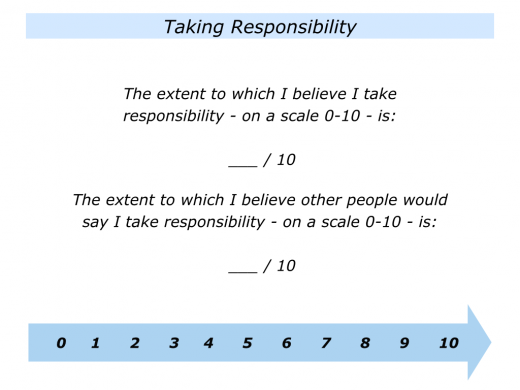
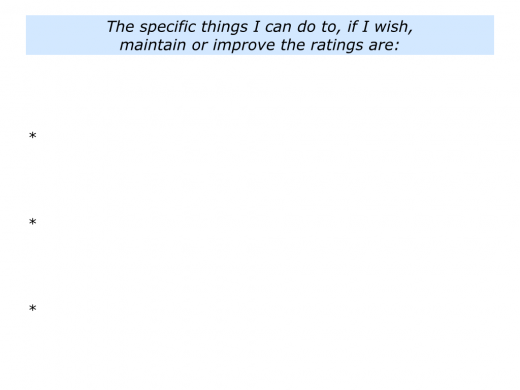
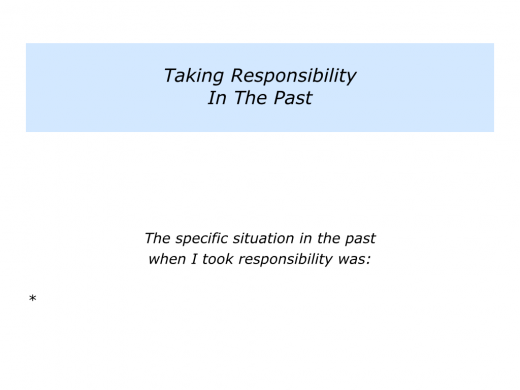
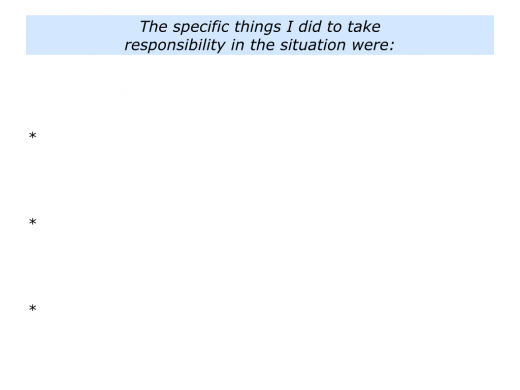
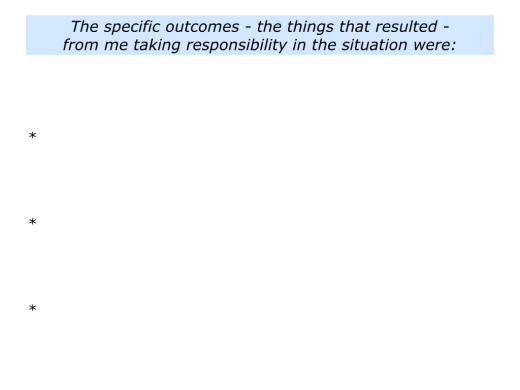
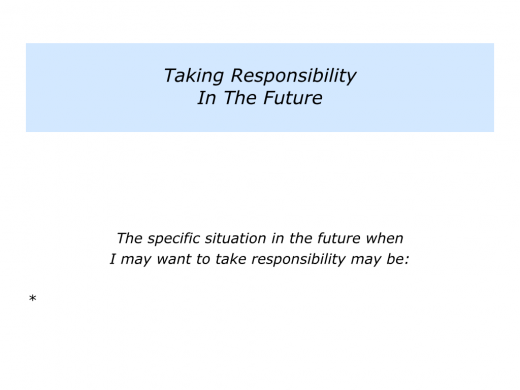
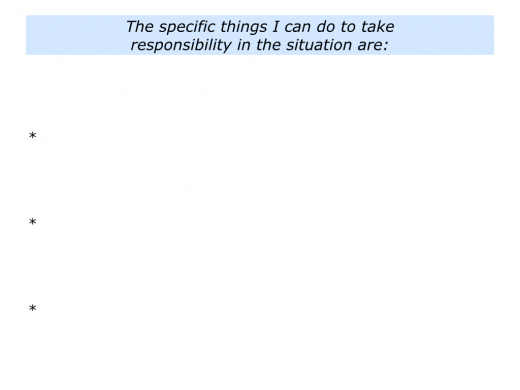
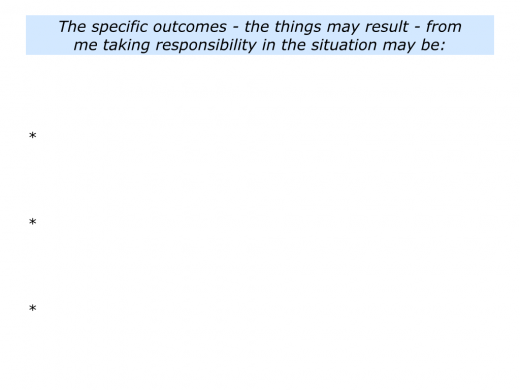
Leave a Reply